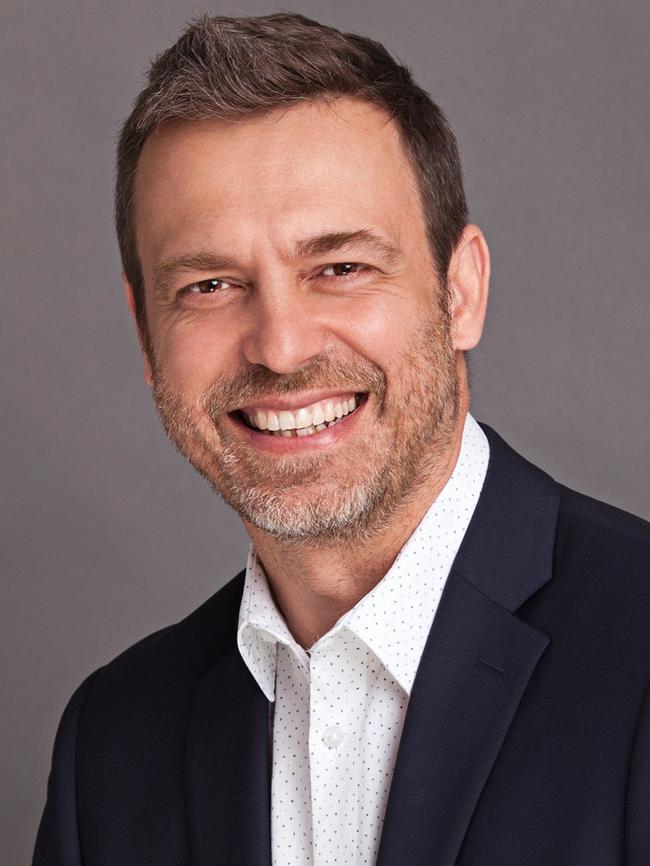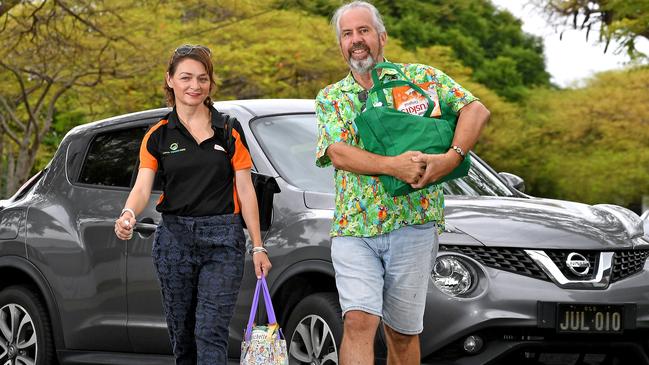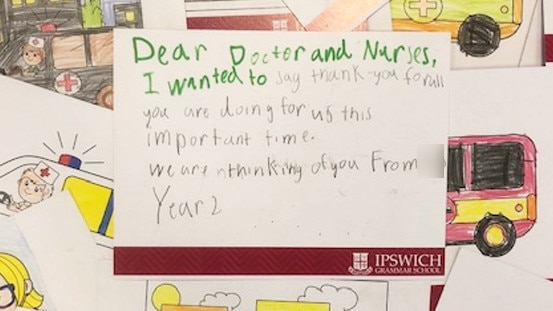Psychologists probe whether pandemic has made us kinder or more tribalistic
Has the coronavirus pandemic made us kinder or more tribalistic? University of Queensland psychologists are part of a global research project probing for answers.
QLD News
Don't miss out on the headlines from QLD News. Followed categories will be added to My News.
HAS the coronavirus pandemic transformed Australia into a kinder society?
Or, has the once-in-a-century health crisis, which has forced many people into isolation for months and led to huge job losses, created more division, a heightened sense of “us and them”.
University of Queensland researchers plan to survey hundreds of Australians to explore the answers as part of an international study of 7000 participants into the psychological impact of the pandemic, involving 18 countries.
In the past four months, Australia has experienced a spectrum of reactions to these unprecedented times – from fights in supermarket aisles over toilet paper and public attacks on frontline workers to Queensland’s care army, where people have selflessly volunteered to assist the elderly and vulnerable with grocery shopping, medication drop-offs and check-in phone calls.
MIRACLE SURVIVAL – QLD MAN HOME AFTER 29 DAYS ON A VENTILATOR
COVID-19 PATIENT – WHY HIS BLOOD’S WORTH BOTTLING
GOLD COAST MUM WITH COVID-19 BREASTFEEDS AND GIVING BIRTH
Brisbane-based study co-leader, psychologist Stan Steindl, said the researchers wanted to examine the pandemic’s impact on compassion and its potential for buffering levels of stress and building resilience in the community.

“One of the results of the pandemic is almost counterintuitive for humans, this idea that we need to physically socially distance from each other. What we’re interested in is what effect is this having on our sense of connection and also our sense of social safeness,” Dr Steindl said.
“All of a sudden not only are we staying away from people but other people are getting mixed up as threats now. You walk down the street and someone’s coming in the other direction and all of a sudden you think: I have to move out of the way and you want to stay separate from them.
“We’re not allowed to shake hands, we’re not allowed to embrace people, we can’t be next to people. How might all of this be affecting how we understand and experience other people and their suffering and how we feel motivated to be helpful?”
Dr Steindl said he was particularly concerned about the “mental health pandemic” experts fear may result from the tsunami of job losses, domestic violence and addiction associated with COVID-19.
“We need to be vigilant and try to make sure that people have access to the help and support that they need. That speaks to compassion,” he said.
“If we can keep compassion front and centre, then we can really be aware and sensitive to suffering, taking steps to alleviate it.
“If we stay too guarded, too threat-system based, too overly protective of ourselves, then we might miss that and the things that can be particularly devastating to people’s lives.”

Dr Steindl said the researchers would also be measuring a concept known as “post-traumatic growth” – the idea that when people experience trauma, along with the obvious downsides, there can be benefits, such as shared experiences forging a greater sense of community, togetherness and compassion.
“There’s obviously loneliness and vulnerability and anxiety and financial stress and things like that but we’re also assessing that notion of how might society grow through all of this,” he explained.
“Our hypothesis is that those who have higher levels of compassion for others and those who have higher levels of self-compassion might find that they’re able to get through this pandemic and experience the kind of growth that we’re talking about.
“But if people have a sense of social threat, of social anxiety and disconnection, and they feel worried that if they’re compassionate that somehow people will take advantage of them, then that might be a predictor of poorer outcomes.”

Dr Steindl said the research would explore differences and similarities between countries.
He said huge variation in political and health systems were likely to affect how a community reacted psychologically to the crisis.
“Looking from the outside, the US seems sadly to be very divided politically,” Dr Steindl said. “They’ve got this tribalistic approach where there’s ‘in’ and ‘out’ groups and there’s animosity and competition between groups … including during this pandemic.
“In Australia, I feel we’ve had a lot of solidarity, there’s been less of that divide. I feel like Australia has more of a sense of community and support and keeping each other’s interests in mind.”
Participants in the study will be required to fill in three surveys over about six months.
To take part, email Dr Steindl on s.steindl@uq.edu.au.
For more information: https://www.fpce.uc.pt/covid19study/


